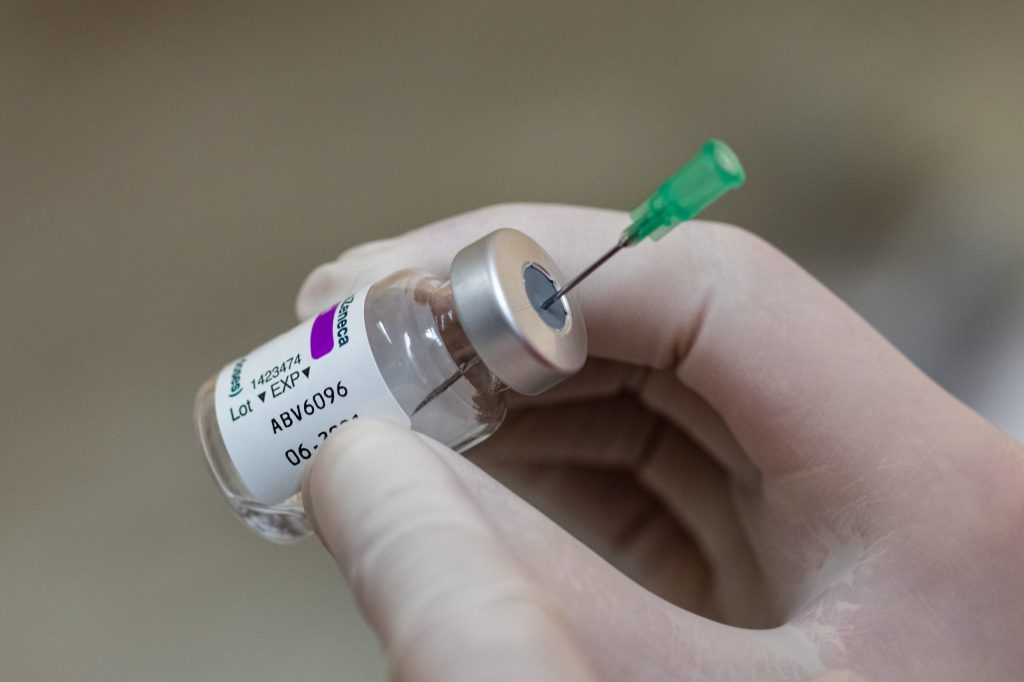Is it health and safety — or grubby EU vs Brexit politics? That’s the guessing game going on all the world today as France, Germany and Italy became the latest European countries to suspend use of the vaccine developed by AstraZeneca and Oxford University.
It comes after the Dutch government said on Sunday the shot would not be used until at least March 29, while Ireland said earlier in the day that it had temporarily suspended the shot as a precautionary step. In total that makes 11 countries including Denmark, Norway and Iceland who have suspended use over fears the vaccine causes blood clots.
America has yet to approve the British-Swedish vaccine and is sitting on tens of millions of doses. So should we be worried about the Oxford shot? The expert consensus seems to be no, but the fact that so many countries have suspended the vaccine will inevitably raise alarm bells.
It is worth bearing in mind the EU’s track record when it comes to making claims about the AstraZeneca shot. In January the German daily newspaper Handelsblatt quoted
The World Health Organization, the European Medicines Agency (EMA) and the Medicines and Healthcare products Regulatory Agency have all made it clear there is no link between the vaccine and blood clotting. A handful of cases have been identified across Europe but the EMA has stressed that there is ‘currently no indication that vaccination caused these conditions’ — adding that the shot’s benefits continue to outweigh the risks. A review is being carried out into each reported incident, and the regulator says that — of almost five million people given the vaccine across Europe — there have been just 30 reports of blood clots.
Blood clots are fairly common and, given the sheer number of people who are getting a shot, these incidents could well be coincidental. Professor Anthony Harden, the deputy chair of the British government’s Joint Committee on Vaccination and Immunization (JCVI) has today hit back today at such claims. He points out: ‘We have given 11 million doses of the Oxford/AstraZeneca vaccine to date and there’s no demonstrable difference between the blood clots in those that have been vaccinated from those in the general population. One ought to also remember that COVID causes blood clots. So, the risks of not having the COVID vaccination far outweigh the risks from the vaccinations.’
Others have been quick to argue that if the EU is grandstanding against Brexit Britain for political gain, the consequences could be very serious. As the Economist journalist Stanley Pignal has tweeted: ‘If you vaccinate 100,000 people over the age of 50 today rather than tomorrow, you save 15 lives, according to a French analysis. Germany has 1.7m AstraZeneca doses that are now not being administered. Delay all of those by a week, you’re up 1,785 deaths.’
For Europe’s leaders, however, it seems that expertise and ‘science’ is only if useful it helps the EU, and teaches naughty Brexit Britain — which is vaccinating its populations much faster than all its neighbors — a lesson.
This article was originally published on The Spectator’s UK website.


















